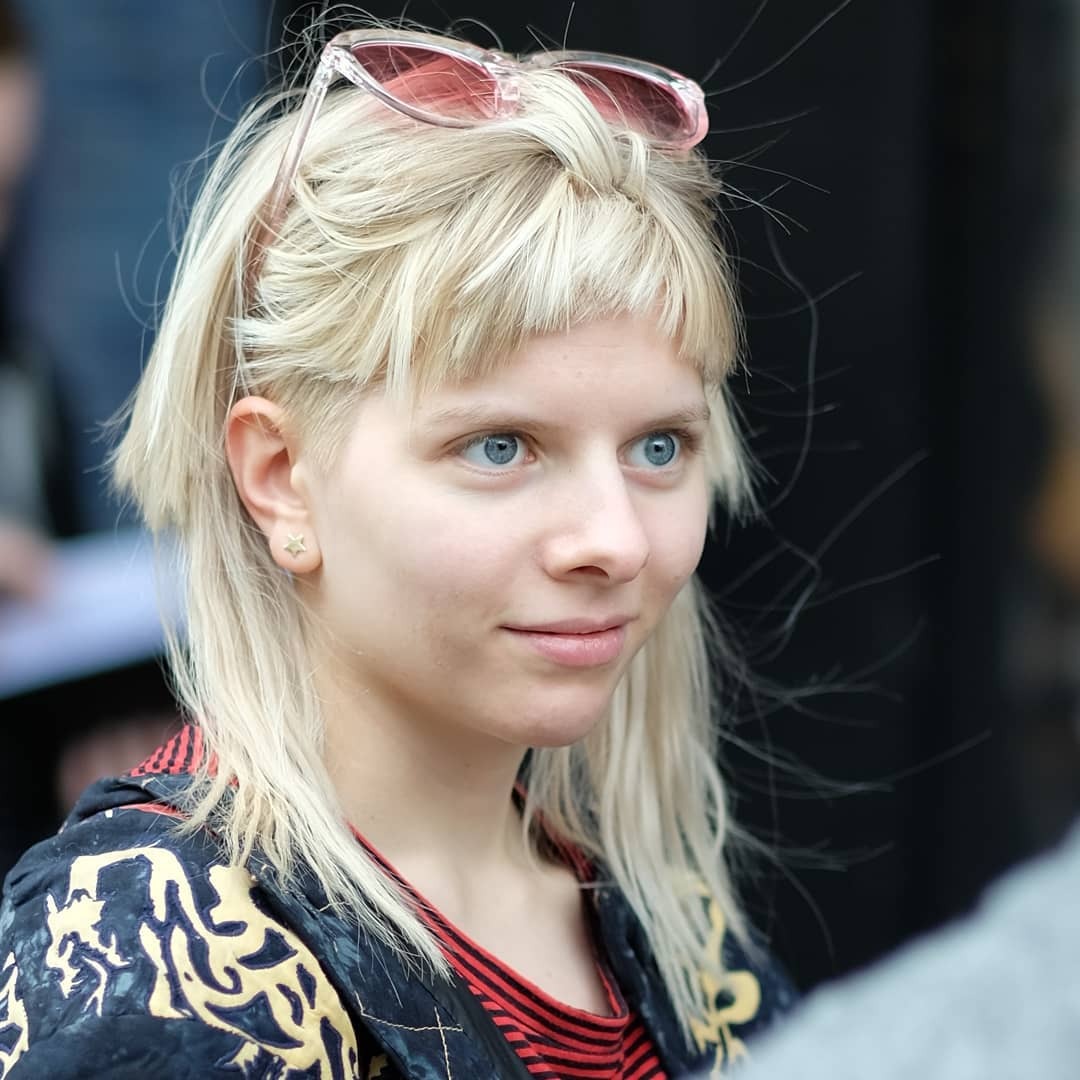

And while she doesn’t lack for confidence she is clearly not a natural born hobnobber. And I’m not sure I’m liking it.”Īurora is softly-spoken and lives a life of contented reclusiveness in suburban Bergen. “It scared me also how big something suddenly can become. The world agrees that right now we like this and tomorrow we like something else,” she says.

And also you never know when the world chooses to like something collectively at the same time. And it made me really existential and to reflect on all the time that has passed. The single, which Billie Eilish has said inspired her to write songs, returned to the UK top 50 and has been clocking up 300 million viewers per day on TikTok. In the past year it has had a new lease of life as a social media anthem.

Runaway was released in 2015, becoming a top 30 hit around the world. “Take me home/Take me home where I belong,” she sings on the chorus – confirming that the track is as much about finding somewhere you belong as it is about turning your back on a life you’ve outgrown. However, that change can manifest mentally or emotionally, too. Running away can mean physically removing yourself from a difficult situation.

Composed for a school assignment, it is an ode to discovering your place in the world. But still it just blew my mind.”Īurora: ‘I guess the world likes to undermine what feels soft and female’Īurora wrote Runaway age 11, though it would be many years before she truly understood the meaning of her own lyrics. It’s not something I assume anyone would be talking proudly that they want to send their son to conversion therapy. This, she was shocked to discover, has yet to be made illegal in Norway (it likewise remains unprohibited in Ireland). She delves these subjects with gusto on single Cure For Me, a slab of dark disco inspired by her study of gay conversion therapy. And by her talent for combining multi-faceted lyrics with tumultuous electronica. Yet these heavy subjects are offset by Aurora’s mellifluous croon. The Gods We Can Touch is an operatic exploration of religion and the dynamic between gender and faith. However, on forthcoming third album, The Gods We Can Touch, the 25-year-old demands to be heard in her own right and not to be compared to other artists. She has also been hailed as a successor to Bjork (predictable given their shared Nordic heritage) and to Florence and the Machine and The Knife’s Karin Dreijer. There's been a lot of painful historyĮnya is one of the pop icons to whom Aurora has been likened since breaking through with the haunting single Runaway. And we changed that and started burning witches. In Greek mythology the gods were both men and women. Enya to me is the sound of Mother Earth and motherly love and spiritually and serenity. If you’re a man who loves nail polish you’re not cool. If you’re a woman who loves football you’re cool. “I guess the world likes to undermine what feels soft and female. She’s been medicine to me my whole life,” says Aurora speaking from her home in Bergen. And she proved to me how music can be medicine. “She taught me as a child the value of my voice. Only later did she discover the ethereal Irish artist had for many years been dismissed as naff and cheesy – regarded, essentially, as a scented candle in human form. But she knew she loved Enya with all her heart. When the singer and producer Aurora Aksnes was growing up in a small town in western Norway she didn’t know much about the world.


 0 kommentar(er)
0 kommentar(er)
